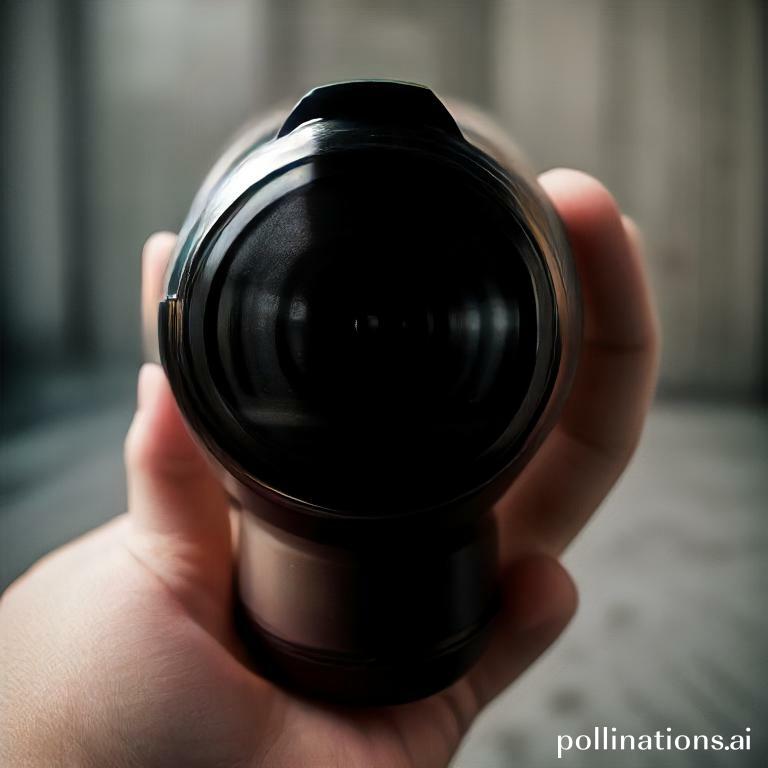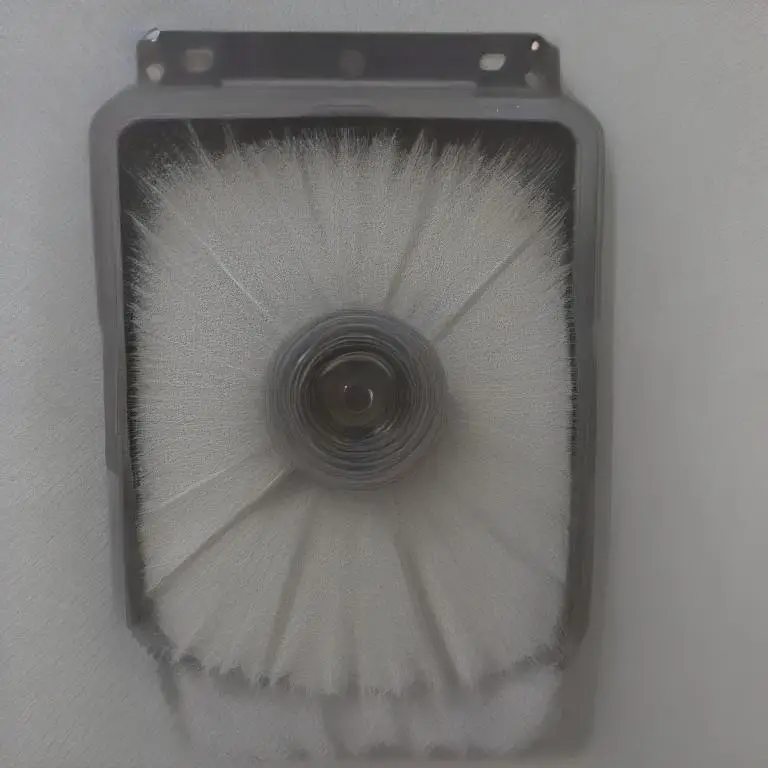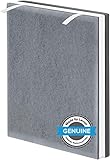
Check Out The Exclusive Deals Waiting For You! ∇
Grasping the HVAC System
In this section, we will scrutinize the key components of an HVAC system and the important role air filters play in maintaining its function.
Components of an HVAC System
An HVAC (Heating, Ventilation, and Air Conditioning) system consists of several components that work together to regulate temperature, humidity, and air quality in a building. These components include:
- Thermostat: The control center of the HVAC system, allowing users to set and adjust the desired temperature.
- Furnace: Provides heat by burning fuel or using electricity to warm the air.
- Air Conditioner: Cools the air by removing heat and humidity from the indoor environment.
- Ductwork: Channels air throughout the building, distributing heated or cooled air to different rooms.
- Ventilation System: Brings fresh air from outside and removes stale air, ensuring proper air circulation.
Function of Air Filters in an HVAC System
Air filters are a vital component of an HVAC system, responsible for maintaining indoor air quality by capturing dust, pollen, pet dander, and other airborne particles. The main functions of air filters are:
- Removing Pollutants: Air filters trap harmful pollutants, preventing them from circulating in the indoor air and potentially causing health issues.
- Improving Efficiency: Clean air filters allow for better airflow, reducing strain on the HVAC system and improving energy efficiency.
- Extending System Lifespan: By preventing dirt and debris from accumulating on vital HVAC components, air filters help prolong the system’s lifespan.
Regular maintenance, including replacing air filters according to manufacturer guidelines, is crucial to ensure optimal performance of the HVAC system and to maintain good indoor air quality.
| Component | Function |
|---|---|
| Thermostat | Controls and adjusts temperature |
| Furnace | Provides heat |
| Air Conditioner | Cools the air |
| Ductwork | Distributes air throughout the building |
| Ventilation System | Brings in fresh air and removes stale air |
Consequences of Neglecting Filter Change
In regard to the maintenance of your HVAC system, one crucial task that should never be neglected is changing the filters regularly. Failure to do so can lead to various consequences that can negatively impact both your health and the efficiency of your system.
1. Reduced Air Quality
One of the immediate consequences of neglecting filter change is reduced air quality in your home or business. Over time, the filters in your HVAC system accumulate dust, dirt, pollen, and other airborne psections. When these psections build up, they can circulate throughout your space, leading to poor indoor air quality. This can result in respiratory issues, allergies, and other health problems, especially for individuals who are sensitive to allergens.
2. Decreased Energy Efficiency
Another significant consequence of neglecting to change your filters is decreased energy efficiency. When filters become clogged with dirt and debris, it restricts the airflow in your HVAC system. As a result, your system has to work harder to distribute the air, leading to increased energy consumption. This not only puts a strain on your system but also results in higher energy bills. Regularly changing your filters helps maintain optimal airflow, keeping your system running efficiently and reducing energy costs.
To ensure a healthy indoor environment and maximize the efficiency of your HVAC system, it’s essential to prioritize filter changes. By regularly replacing your filters, you can improve air quality, prevent respiratory issues, and save on energy expenses. Don’t neglect this simple yet vital maintenance task for the overall well-being of your space and the longevity of your HVAC system.
| Consequences of Neglecting Filter Change: |
|---|
| – Reduced Air Quality |
| – Decreased Energy Efficiency |
Recommended Frequency for Filter Change
Factors Affecting Filter Lifespan
In order to determine the recommended frequency for filter change, fundamental to consider several factors that can affect the lifespan of a filter. These factors include:
- 1. Usage: The more often a filter is used, the quicker it will become clogged and less effective. Filters in high-traffic areas or in homes with pets may need to be replaced more frequently.
- 2. Air Quality: Filters in areas with high levels of air pollution or allergens may need to be changed more often to maintain optimal performance.
- 3. Filter Type: Different types of filters have different lifespans. Essential to refer to the manufacturer’s guidelines for the specific filter being used.
General Guidelines for Filter Replacement
During the recommended frequency for filter change can vary depending on the factors mentioned above, there are some general guidelines that can be followed:
- 1. Monthly Inspection: It is recommended to inspect the filter on a monthly basis to check for any visible signs of dirt or clogging. If the filter appears dirty or clogged, it is time for a replacement.
- 2. Manufacturer’s Recommendations: Always refer to the manufacturer’s instructions for the specific filter being used. They will provide the most accurate guidelines for when to replace the filter.
- 3. Regular Maintenance: Keeping up with regular maintenance, such as vacuuming and dusting, can help extend the lifespan of a filter and reduce the frequency of replacements.

Benefits of Timely Filter Change
Regularly changing the filters in your air conditioning system is crucial for maintaining a healthy and efficient indoor environment. By embracing a timely filter change schedule, you can enjoy numerous benefits that contribute to improved air quality and enhanced energy efficiency.
Improved Air Quality
One of the primary advantages of timely filter changes is the significant improvement in air quality. As your air conditioner circulates air throughout your home or business, the filters capture dust, pollen, pet dander, and other airborne psections. Over time, these filters become clogged, restricting the airflow and allowing pollutants to recirculate in the air you breathe.
Enhanced Energy Efficiency
Another significant benefit of timely filter changes is enhanced energy efficiency. When the filters are dirty and clogged, your air conditioning system needs to work harder to push air through the obstructed pathways. This increased effort leads to higher energy consumption and inefficiency.
Nonetheless, by regularly replacing the filters, you promote better airflow and reduce strain on your air conditioner. This allows the system to operate more efficiently, resulting in lower energy bills and reduced environmental impact.
| Benefits of Timely Filter Change |
|---|
| Improved Air Quality |
| Enhanced Energy Efficiency |

How to Properly Change HVAC Filters
Changing your HVAC filters regularly is an important maintenance task that helps ensure the efficiency and longevity of your heating and cooling system. Follow this step-by-step guide to properly change your HVAC filters:
1. Step-by-Step Guide for Filter Replacement
- Step 1: Turn off your HVAC system – Before replacing the filter, it’s important to turn off your heating or cooling system to avoid any potential damage.
- Step 2: Locate the filter – The filter is usually located in the return air duct or near the furnace or air handler. Consult your HVAC system’s manual if you’re unsure.
- Step 3: Remove the old filter – Carefully remove the old filter from its slot. Take note of the direction of airflow indicated on the filter frame.
- Step 4: Clean the filter slot – Use a vacuum or a damp cloth to clean the filter slot and remove any dust or debris.
- Step 5: Insert the new filter – Insert the new filter into the slot, making sure the airflow direction matches the arrow or indicator on the filter frame.
- Step 6: Secure the filter – Ensure that the filter is properly secured in its slot to prevent air leakage.
- Step 7: Turn on the HVAC system – Once the new filter is in place, you can turn on your HVAC system and enjoy clean and efficient air circulation.
2. Common Mistakes to Avoid
At the same time changing HVAC filters is a simple task, there are some common mistakes that you should avoid:
- Mistake 1: Forgetting to turn off the HVAC system – Always remember to turn off your heating or cooling system before replacing the filter to prevent any accidents or damage.
- Mistake 2: Using the wrong filter size – Make sure to use the correct filter size for your HVAC system to ensure proper filtration and airflow.
- Mistake 3: Neglecting filter replacement – Regularly check your filters and replace them as recommended by the manufacturer. Neglecting filter replacement can lead to reduced efficiency and increased energy consumption.
- Mistake 4: Improper filter installation – Take the time to properly insert and secure the filter in its slot to prevent air leakage and ensure optimal performance.
Conclusion
Regular filter change is crucial for maintaining the efficiency and longevity of your home appliances. Neglecting this simple task can lead to costly repairs and replacements in the long run. Make sure to follow the manufacturer’s recommendations and change your filters on time. It’s a small investment that can save you a lot of money and hassle in the future.
Remember, a clean filter means clean air, better indoor air quality, and a healthier living environment for you and your family. So, don’t overlook the importance of timely filter change and make it a part of your routine home maintenance.
Read Also:
1. How often to change AC filters?
2. Benefits of clean HVAC filters



